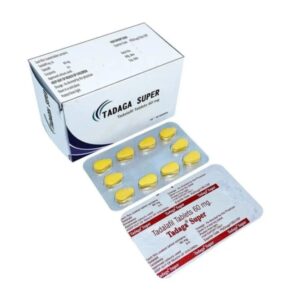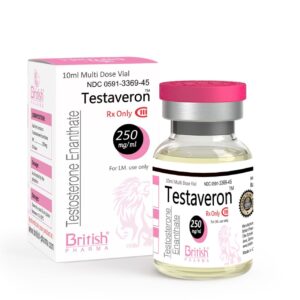Vitamin D’s Role in Multiple Sclerosis: New Research Highlights Benefits
Multiple sclerosis (MS) is a chronic autoimmune disease that affects the central nervous system (CNS), leading to neurological disability in many cases. Researchers have long investigated the role of environmental factors, including vitamin D, in MS progression and severity. Recent studies have shed new light on how vitamin D supplementation may benefit MS patients by reducing disease activity and improving overall health outcomes.
Understanding Multiple Sclerosis and Vitamin D
MS occurs when the immune system mistakenly attacks the protective myelin sheath covering nerve fibers in the brain and spinal cord. This leads to inflammation, demyelination, and subsequent neurological impairments such as muscle weakness, vision problems, and cognitive difficulties. The exact cause of MS remains unclear, but genetics, environmental factors, and immune system dysfunction play critical roles.
Vitamin D is a fat-soluble vitamin essential for bone health, immune system regulation, and inflammation control. It is synthesized in the skin upon exposure to sunlight and can also be obtained from dietary sources like fatty fish, fortified dairy products, and supplements. Its role in immune modulation has garnered attention in MS research, as vitamin D deficiency is frequently observed in MS patients.

New Research on Vitamin D and MS
Recent studies have provided compelling evidence that adequate vitamin D levels may reduce the risk of developing MS and help manage disease progression in those already diagnosed.
Reduced Risk of MS Development: Epidemiological studies suggest that individuals with higher serum levels of vitamin D have a lower risk of developing MS. Regions with limited sunlight exposure show higher MS prevalence, reinforcing the link between vitamin D and MS risk.
Lower Disease Activity: Clinical trials have indicated that MS patients with higher vitamin D levels experience fewer relapses and slower disease progression. One study published in Neurology found that patients with vitamin D levels above 50 nmol/L had a 50% lower relapse rate compared to those with lower levels.
Modulation of the Immune System: Vitamin D plays a crucial role in immune function by regulating T cells, which are implicated in MS pathogenesis. It promotes anti-inflammatory pathways while suppressing autoimmune responses that attack myelin.
Brain Protection and Repair: Recent findings suggest that vitamin D contributes to neural protection and may even promote remyelination, helping repair damaged nerves. This could have significant implications for slowing down neurodegeneration in MS.

Optimal Vitamin D Levels for MS Patients
The optimal vitamin D level for MS patients is still under discussion, but most experts recommend maintaining serum levels between 75–125 nmol/L. Vitamin D supplementation is often advised, especially for individuals with limited sun exposure or dietary intake. However, excessive vitamin D intake can lead to toxicity, so careful monitoring is necessary.
Recommendations for MS Patients
To harness the benefits of vitamin D, MS patients should consider:
Regular Sun Exposure: Spending 15-30 minutes in direct sunlight several times a week can help boost natural vitamin D production.
Dietary Intake: Consuming vitamin D-rich foods such as salmon, egg yolks, and fortified milk can support overall levels.
Supplementation: Under medical supervision, vitamin D supplements can help maintain optimal levels and reduce MS symptoms.
Regular Monitoring: Periodic blood tests can ensure that vitamin D levels remain within a safe and effective range.
Conclusion
Emerging research continues to highlight the significant role of vitamin D in multiple sclerosis. From reducing the risk of developing MS to slowing disease progression and promoting nerve repair, vitamin D supplementation presents a promising adjunct therapy. While more large-scale clinical trials are needed to solidify these findings, current evidence strongly supports the inclusion of vitamin D as part of a comprehensive MS management strategy. Patients should consult healthcare providers to determine the best approach for maintaining optimal vitamin D levels and improving their quality of life.
Our Products
-
Tadaga Super 60mg
$2.00 / Per Pill
-
Lovegra 100mg
$1.50 / Per Pill
-
Testosterone Enanthate
$240.00 / Per 10ml





